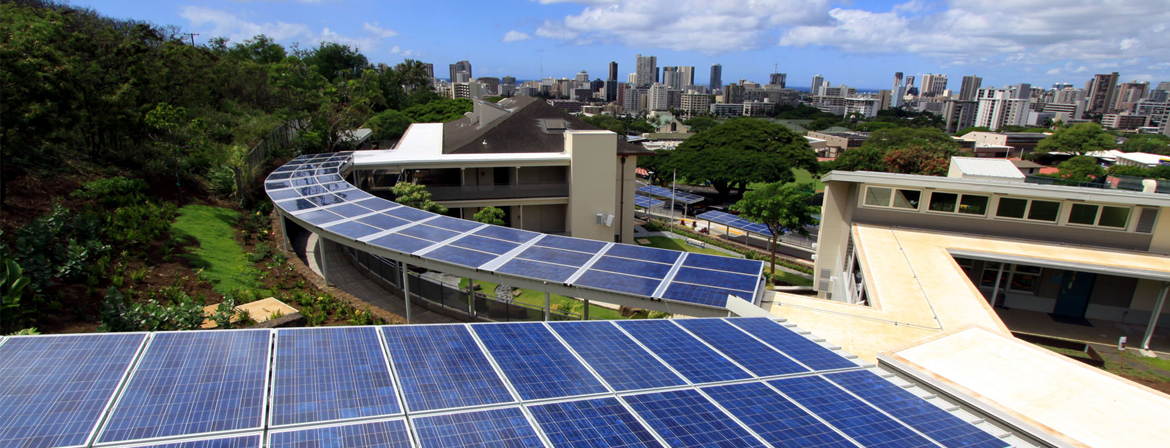Responses to Changing Energy Conditions among Massachusetts Households
Stern, P. C., Black, J. S. & Elworth, J. T. (1983). Responses to changing energy conditions among Massachusetts households. Energy, 8, 7, 515-523.
Energy Conservation: A Social Dilemma Approach. Special Issue: Applied Perspectives on Social and Temporal Dilemmas
Samuelson, C. D. (1990). Energy conservation: A social dilemma approach. Special Issue: Applied perspectives on social and temporal dilemmas. Social Behaviour, 5, 4, 207-230.
From Social Psychology to Political Economy: A Model of Energy Use Behavior
Dholakia, R. R., Dholakia, N., & Firat, A. F. (1983). From social psychology to political economy: A model of energy use behavior. Journal of Economic Psychology, 3, 3-4, 231-247.
Personal and Contextual Influences on Household Energy Adaptations
Black, J. S., Stern, P. C. & Elworth, J. T. (1985). Personal and contextual influences on household energy adaptations. Journal of Applied Psychology, 70, 1, 3-21.
Using Social Norms to Reduce Household Energy Consumption
Schultz P. W., Nolan J. M., Cialdini R. B., Goldstein N. J., Griskevicius Vladas (2007). The Constructive, Destructive, and Reconstructive Power of Social Norms. Psychological Science, 18(5), 429-434.
Using E-mail Listservs to Promote Environmentally Sustainable Behaviors
Artz, N., & Cooke, P. (2007). Using e-mail listservs to promote environmentally sustainable behaviors. Journal of Marketing Communications, 13(4), 257-276.
Twenty Years After Hines, Hungerford, and Tomera: A New Meta-Analysis of psycho-Social Determinants of Pro-Environmental Behaviour
Bamberg, S., & Möser, G. (2007). Twenty years after Hines, Hungerford, and Tomera: A new meta-analysis of psycho-social determinants of pro-environmental behaviour. Journal of Environmental Psychology, 27(1), 14-25.
Comparing Normative Influences as Determinants of Environmentally Conscious Behaviours Between the USA and Japan
Ando, K., Ohnuma, S., & Chang, E. (2007). Comparing normative influences as determinants of environmentally conscious behaviours between the USA and Japan. Asian Journal of Social Psychology, 10(3), 171-178. doi:10.1111/j.1467-839X.2007.00223.x.
Internal and External Influences on Pro-environmental Behavior: Participation in a Green Electricity Program
Clark, C., Kotchen, M., & Moore, M. (2003). Internal and external influences on pro-environmental behavior: Participation in a green electricity program. Journal of Environmental Psychology, 23(3), 237-246. doi:10.1016/S0272-4944(02)00105-6.
How do Small and Medium Enterprises Go Green? A Study of Environmental Management Programs in the U.S. Wine Industry
Cordano, M., Marshall, R., & Silverman, M. (2010). How do small and medium enterprises go green? A study of environmental management programs in the U.S. wine industry. Journal of Business Ethics, 92(3), 463-478. doi:10.1007/s10551-009-0168-z.



